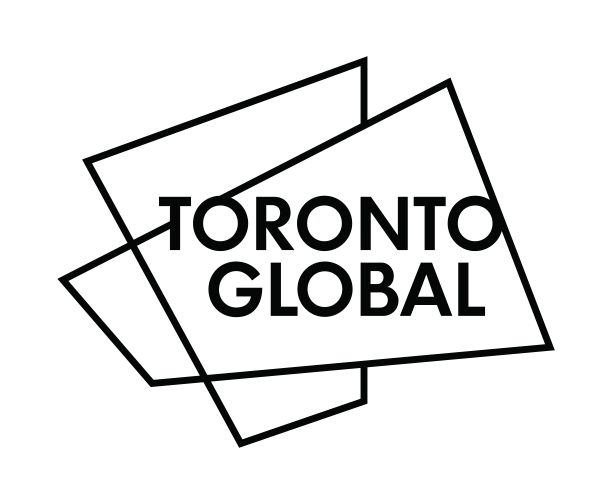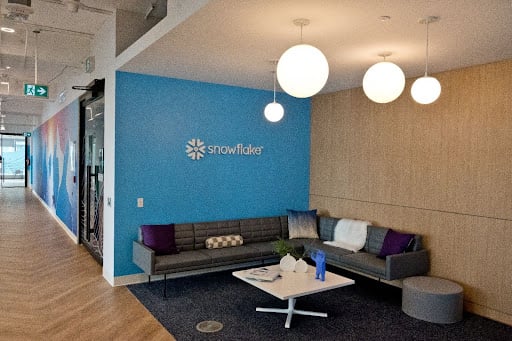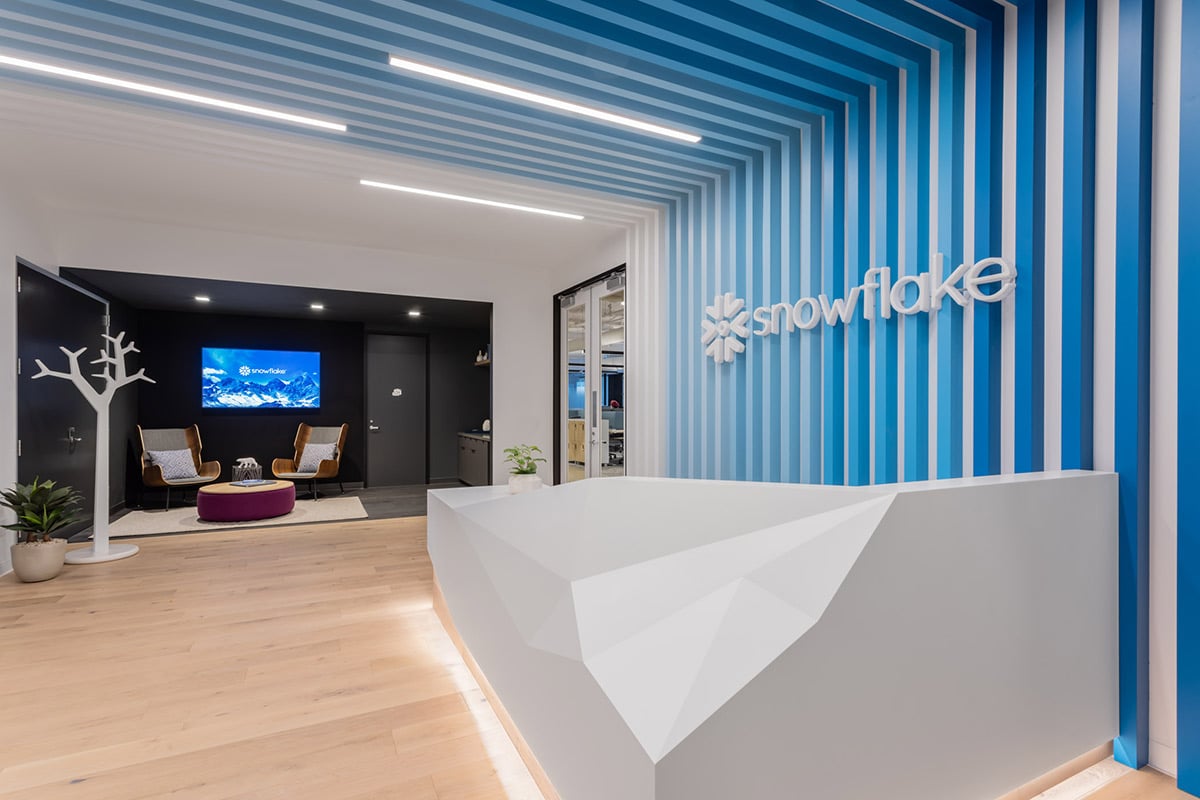The annual Scoring Tech Talent Report by CBRE, the world’s largest commercial real estate services and investment firm, has got a lot of people talking about Canada. Not only because four of the top 10 cities with the highest tech talent labour concentration were Canadian, but also because the Greater Toronto Area (GTA) has now displaced Washington D.C. to take third place among top-ranked tech talent markets, and is now North America’s fastest growing tech hub.

In the 2018 report, the Toronto Region was highlighted for adding more tech jobs than San Francisco and New York combined. Toronto has seen the greatest growth in tech employment of the 50 profiled markets — at 54 per cent since 2013.
It’s an incredible growth story that’s driven in part by the dynamics and economic diversity of the Toronto Region, which offers an advantage greater than the sum of its parts. The CBRE report data is based on the Toronto Census Metropolitan Area (CMA), which encompasses the City of Toronto along with the surrounding areas of York Region, Peel Region and most of Halton Region.
But the Toronto Region (or Greater Toronto Area) actually extends further east to include Durham Region, along with the City of Burlington on the western edge of Halton Region.

computing technology.
As the CBRE report highlights, the most highly-ranked tech talent markets are defined by an ability to attract and grow tech talent pools, and are typically characterized by high concentrations of post-secondary graduates, major universities and colleges producing tech graduates and large twenty-something populations. The Toronto Region stands apart on all of these aspects.
Millennials & Diversity
The Toronto Region is well equipped with a workforce that will grow into the future. We are ranked one of the top five regions in the world for millennials, who make up more than a fifth of our population. While the Greater Toronto Area added over 72,000 twenty-somethings to its population since 2013, New York lost over 10,000.
We recognize that to attract young talent, our region needs to work together to maintain a quality of life that is one of the best in the world, with an open and welcoming society. The Toronto Region offers choice – from downtown condos to century homes to new-build, family friendly subdivisions – across a region that is well connected by a regional rail system, allowing millennials to find the right balance between lifestyle and affordability at any life stage.
Our subway system has been extended north into the region and commuter bike lanes are being added everywhere which has encouraged millennials to live all across the region.
Diversity is also a significant part of our success and future growth strategy. We are proud of being the most multicultural metropolitan area in the world with approximately half our residents being foreign born – higher than any other metro region in North America, and higher than Greater London, Sydney, Melbourne, Paris, and Amsterdam.
Within the Toronto Region the rapidly growing cities of Markham and Mississauga, 61 per cent and 56 per cent of residents, respectively, are foreign born.
In 2017, Canada welcomed 286,479 new permanent residents, of which almost 137,000 were skilled workers (IRCC). With a national goal to increase skilled worker intake to almost 200,000 by 2021, the Toronto Region stands to benefit further as a major destination for this talent. Over 105,000 of Canada’s 2018 immigration intake moved to the Toronto Region, compared to the Bay Area and New York, which are estimated to have taken in 44,000 and 98,000 immigrants, respectively (US Census Bureau Estimate).
International companies also benefit from the Global Skills Strategy program which allows employers setting up new businesses to bring key employees from around the world to Canada in as little as two weeks – Toronto Global can assist companies in bringing in existing employees as we are a designated referal partner for the Global Skills Strategy.
Labour Force Pipeline and Education
When you consider both university (bachelor) and college (diploma) graduates, 64 per cent of people in the Toronto Region hold a postsecondary degree. This is the highest ratio amongst all OECD countries.
Ontario as a whole produces over 40,000 STEM graduates each year, with over 100,000 students enrolled in STEM related programs across the Toronto Region’s 18 postsecondary institutions. We also provide international students with the opportunity to stay and work in Canada for up to three years after completing their postsecondary studies here through the Post-Graduation Work Program.
Our colleges are renowned for producing graduates with job-ready skills through co-op programs and industry partnerships. We recognize that to produce in-demand engineering graduates, industry experience is critical through practical, on-the-job training for academic credit. Regional institutions have built on this momentum.
The University of Waterloo – roughly an hour and half drive from Toronto – is internationally recognized as a pioneer in this field, having developed the largest co-op program in the world. The University’s engineering department has become a major source for tech recruitment worldwide. Ontario Tech University (Durham Region) also offers major opportunities for industry partnerships in sectors such as Advanced Energy Systems, Aquatic Toxicology, and Robotics and Automation.
Tech Hub Establishments and Employment
Also unique to the Toronto Region is the distribution of tech companies across the entire region. Each municipality making up the Toronto Region has its own strengths, providing a variety of options for companies of all sizes and across the value chain.
For example, Cognizant opened a new 50,000 sq. ft. technology and services delivery facility with co-innovation space, training rooms, and a digital lab in the city of Mississauga. General Motors is harnessing the talent of 700 engineers in Markham, York Region, to advance the capabilities of its fully autonomous vehicle program, driver assistance features, and infotainment centre design and improvements.
Amazon has established state of the art logistics and distribution centres in Brampton, Milton, Caledon and Mississauga, along with an expansion of its Toronto office to complement operations.
The Toronto Region is also home to a robust startup incubator environment, with 80+ incubators and accelerators. This includes MaRS, along with four other provincially supported Regional Innovation Centres such as ventureLAB, located in the IBM Innovation Space – Markham Convergence Centre (York Region), Haltech in Halton Region, and The Spark Centre in Durham Region.
Peel Region’s RIC center, located within the Xerox Research Centre of Canada, houses over 100 industry expert advisors and partners to help companies scale rapidly in advanced manufacturing, Internet of Things, hardware & software, cleantech, and life sciences. This culture of collaboration across the Toronto Region and across many tech verticals is what gives us a competitive edge – and investors are taking note.
In 2018, Toronto Venture Capital (VC) backed companies raised over $1.3 billion, a 47 per cent increase from the previous year and the fifth year of consecutive growth (PwC Report).
The future of tech will not be limited to the smartphones and tablets that made the Bay Area so famous. Our top five automotive, food & beverage, digital media, and life sciences sectors made our success in tech inevitable simply because technology will be integrated into everything we do. From AI to agritech, pharmaceuticals to film, our region has it all, and will continue to leverage our strengths for an integrated technology future.
Consider this: if the top five metropolitan areas in the report hold steady their rates of talent growth, the Greater Toronto Area would surpass the Bay Area in number of tech jobs in a mere five years.
| *Greater Toronto Area |
Sure, 54 per cent growth is a tough pace to keep, but our continued expansion in terms of our educated and growing population, increasing VC investment, and industry and academic partnerships shows our potential is not even close to being fully realized.







